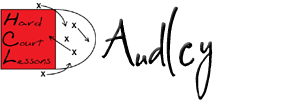
There are a variety of influence and persuasion principles at our disposal to help us with this but it's important that we properly read the situation and recognize which tool is most appropriate.
Here are the six main ones we can refer to:
Liking - People respond much more readily to people that they like, and even to the friends of people that they like. They feel comfortable if they see similarity or like the things that you’re associated with.
Scarcity - People get so much more interested in something if they feel that it’s about to run out.
Consistency & Commitment - People respond to others who are consistent in their messages. If you are constantly giving the same messages to people and acting in a consistent way, they will respond positively.
Social Proof - If people see others doing something, they assume that it must be okay to do it and therefore, they will be happier about doing it themselves.
Authority - People invariably act more positively if they have respect for the authority of the person who is giving them information.
Reciprocity - Reciprocation is about how, if you do something for somebody, they will feel obliged to do something for you, or they will at least feel better about doing something for you.
"The Art of Woo"

The principles of persuasion are as neutral as flowers and candy because they and can be used to influence people either positively or negatively. The tools themselves are neither good or bad, it's how they are put into practice.
Brian Ahearn joins HCL Radio to chat about the topic of influence and persuasion and explore these principles a bit further.
Brian has the distinction of being one of a handful of people trained by persuasion and influence expert, Dr. Robert Cialdini.
I asked Brian to comment on the connection between influence and leadership.
See you on the court!





































